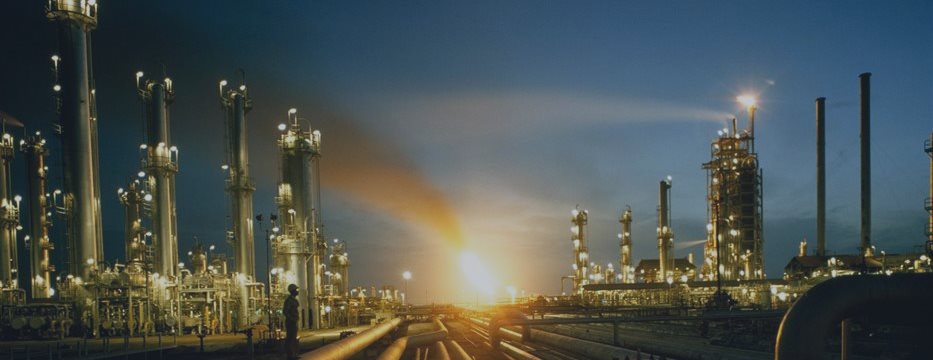Have oil prices bottomed out? That's a question the answer to which is worth billions of dollars. So far, oil prices have jumped around 20 per cent after hitting a five-year low in mid-January.
Regarding Brent crude, the price has risen from $US45 a barrel to above $US57 a barrel in just three weeks. Still, it is well below the $US100 a barrel it was trading at half a year ago.
Although the UBS energy team says there is evidence that oil prices are now stabilising after the recent
sell-off, they are reluctant to conclude that they have bottomed. The physical
oversupply of oil looks likely to last for at least the next 18 months, according to the UBS house view.
At the moment, global oil demand stands at about 92 million barrels per day, while global supply exceeds that by about 1.5 million barrels per day. At the same time, Nik Burns, UBS energy analyst, considers there is increasing evidence of self-correcting forces at work in the market.
"The market appears to conclude that the surge in US tight oil development has been the biggest contributor to the oversupply of oil in the global market, but that production from individual shale wells declines rapidly – so a rapid reduction in drilling implies a rapid reduction in supply growth, if not an actual fall in oil output," he said.
Global oil giants make big cuts
"Lower capex (capital expenditure), leading initially to a 24 per cent reduction in the US rig count since October, which we think should feed into lower supply growth from US tight oil starting in the second half of 2015," Mr Burns said.
World oil giants keep announcing big cuts to their 2015 capex programmes.
Wood Mackenzie, an industry consultant, has reduced its forecast for global capex in 2015 and 2016 by 13 per cent – or by $US156 billion, from $US1.2 trillion to $US1 trillion. Unlike iron ore, oil needs constant investment.
An oil price of around $US80 a barrel is necessary to develop a new conventional well, while the cost of extraction once running – or breakeven cost of production – is usually between $US20 to $US40 a barrel.
Mr Burns said the rapid cut in rig count and the lower 2015 capex estimates support the view that the market is rapidly self-correcting, rather than relying on OPEC to support oil prices.
The futures market has priced in Brent crude recovering to $US60 a barrel later in 2015 and $US70 a barrel in 2017.



